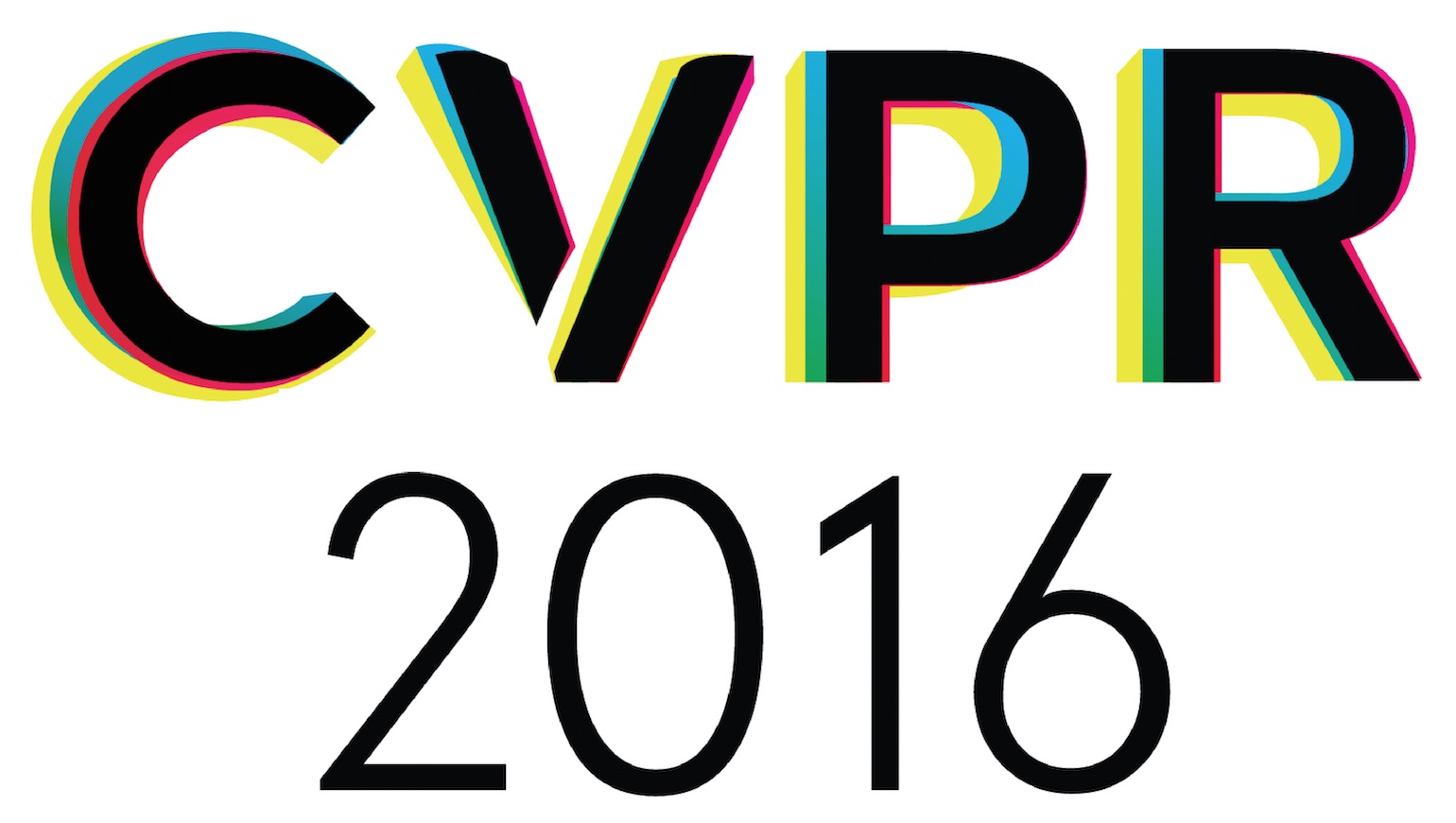-
Riemannian Geometric Approaches for Measuring Movement Quality
AbstractA growing set of applications in home-based interactive physical therapy require the ability to monitor, inform and assess the quality of everyday movements. Interactive therapy requires both real-time feedback of movement quality, as well as summative feedback of quality over a period of time. Obtaining labeled data from trained experts is the main limitation, since it is both expensive and time consuming. Motivated by recent studies in motor-control, we propose an unsupervised approach that measures movement quality of simple actions by considering the deviation of a trajectory from an ideal movement path in the configuration space. We use two different configuration spaces to demonstrate this idea - the product space S^1 x S^1 to model the interaction of two joint angles, and SE(3) x SE(3) to model the movement of two joints, for two different applications in movement quality estimation. We also describe potential applications of these ideas to assess quality in real-time.
Related Material
[pdf][bibtex]@InProceedings{Som_2016_CVPR_Workshops,
author = {Som, Anirudh and Anirudh, Rushil and Wang, Qiao and Turaga, Pavan},
title = {Riemannian Geometric Approaches for Measuring Movement Quality},
booktitle = {Proceedings of the IEEE Conference on Computer Vision and Pattern Recognition (CVPR) Workshops},
month = {June},
year = {2016}
}
These CVPR 2016 workshop papers are the Open Access versions, provided by the Computer Vision Foundation.
Except for the watermark, they are identical to the accepted versions; the final published version of the proceedings is available on IEEE Xplore.
Except for the watermark, they are identical to the accepted versions; the final published version of the proceedings is available on IEEE Xplore.
This material is presented to ensure timely dissemination of scholarly and technical work.
Copyright and all rights therein are retained by authors or by other copyright holders.
All persons copying this information are expected to adhere to the terms and constraints invoked by each author's copyright.

